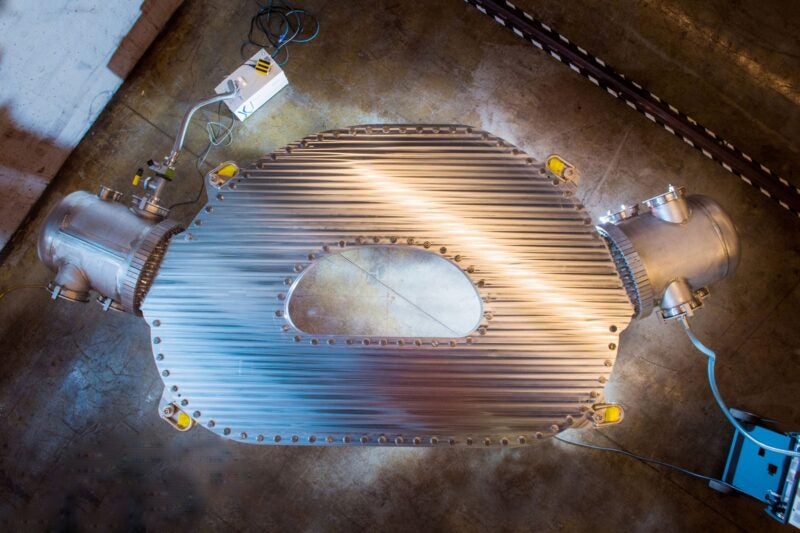
US Special Envoy on Climate Change John Kerry has revealed plans to present the US government’s vision for an inclusive future in fusion energy at the upcoming 28th United Nations Climate Change Conference (COP 28) in Dubai, UAE.
Kerry revealed the plans on social media platform X following his visit to the corporate headquarters of Commonwealth Fusion Systems (CFS) in Devens, Massachusetts.
At COP 28, the US Special Envoy on Climate Change is set to unveil a plan outlining a strategy for enhanced collaboration with other nations. The focus of this will be on expediting the commercialisation of fusion energy, reported Reuters, citing two undisclosed sources familiar with the matter.
Kerry said: “Fusion energy is no longer just a science experiment. Benefitting from decades of investment from the Department of Energy’s world-leading Fusion Energy Sciences programmes, it is now also an emerging climate solution.
“I will have much more to say on the United States’ vision for international partnerships for an inclusive fusion energy future at COP28, during an event on 5 December.”
Established in 2018 as a spin-out of the Massachusetts Institute of Technology (MIT), CFS is actively working towards bringing fusion power plants to the market.
Italian energy company Eni, which is a substantial investor and collaborator with CFS, is said to have played a pivotal role in supporting the rapid growth of the fusion energy company since its inception.
Currently, CFS is in the process of building SPARC, which is expected to be the inaugural magnetic confinement system globally to showcase a scientific energy gain.
Eni asserts that SPARC will serve as a precursor to ARC, which is predicted to become the first commercial power plant that can supply fusion electricity to the grid.
ARC is anticipated to be operational in the early 2030s.
According to Eni, fusion energy process is virtually limitless, as it employs a fuel mixture of two isotopes of hydrogen, which include deuterium and tritium. Magnetic confinement technology utilises robust magnetic fields to isolate, energise, and sustain the fusion reaction, said the company.
Eni claimed that CFS has the most expeditious route to the commercial deployment of fusion energy. This is because, CFS is currently producing high-temperature superconductor (HTS) magnets, which are crucial for achieving net fusion energy in SPARC.
In May 2023, CFS was selected by the US Department of Energy (DOE) as one of the eight awardees in the department’s $46m milestone-driven commercial fusion energy development programme.






